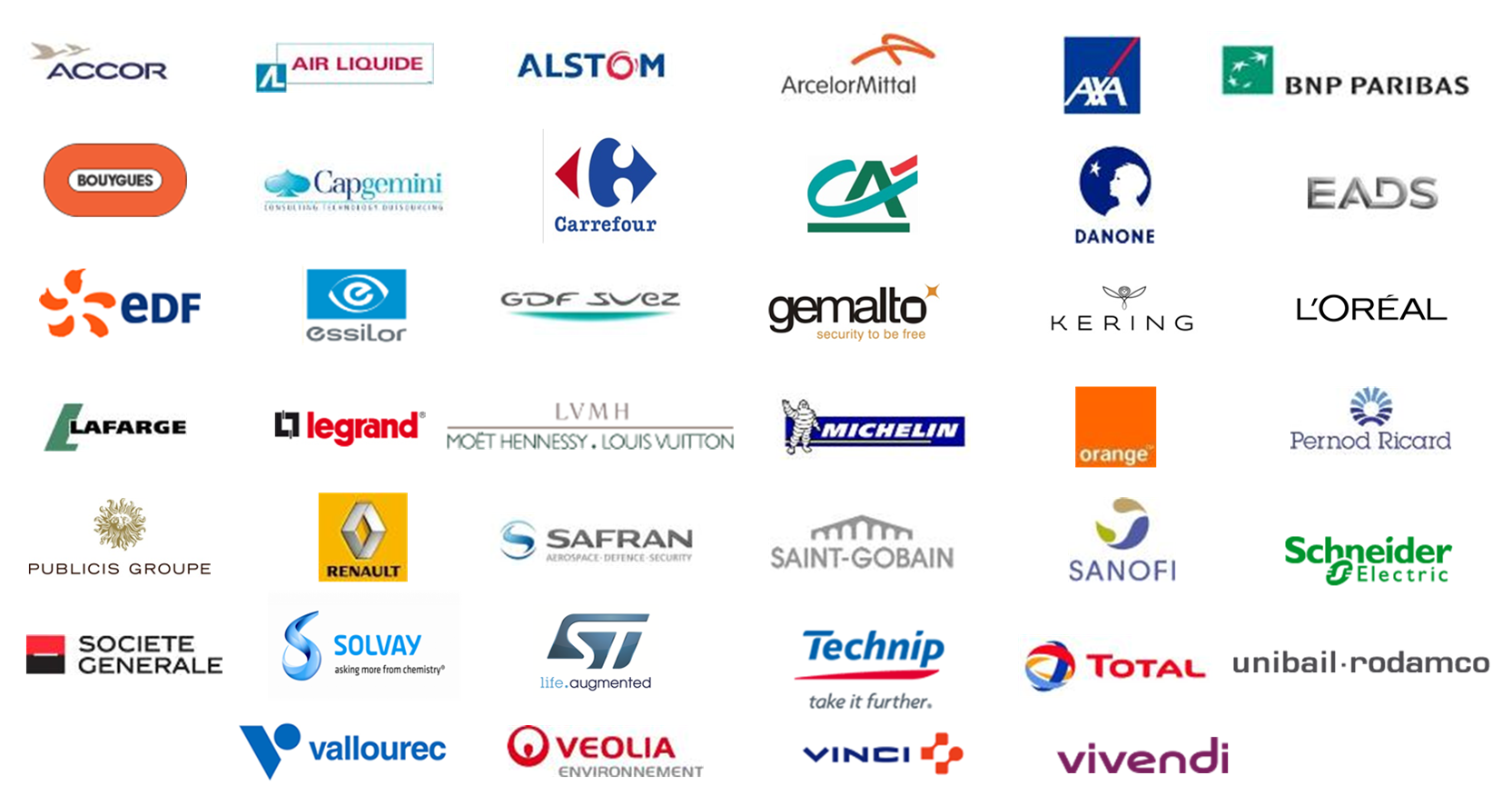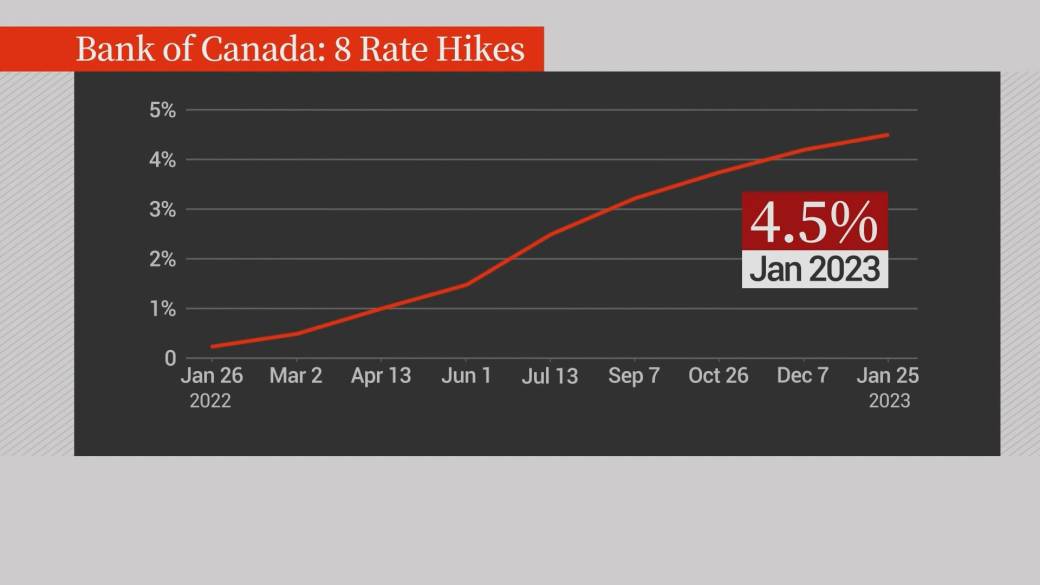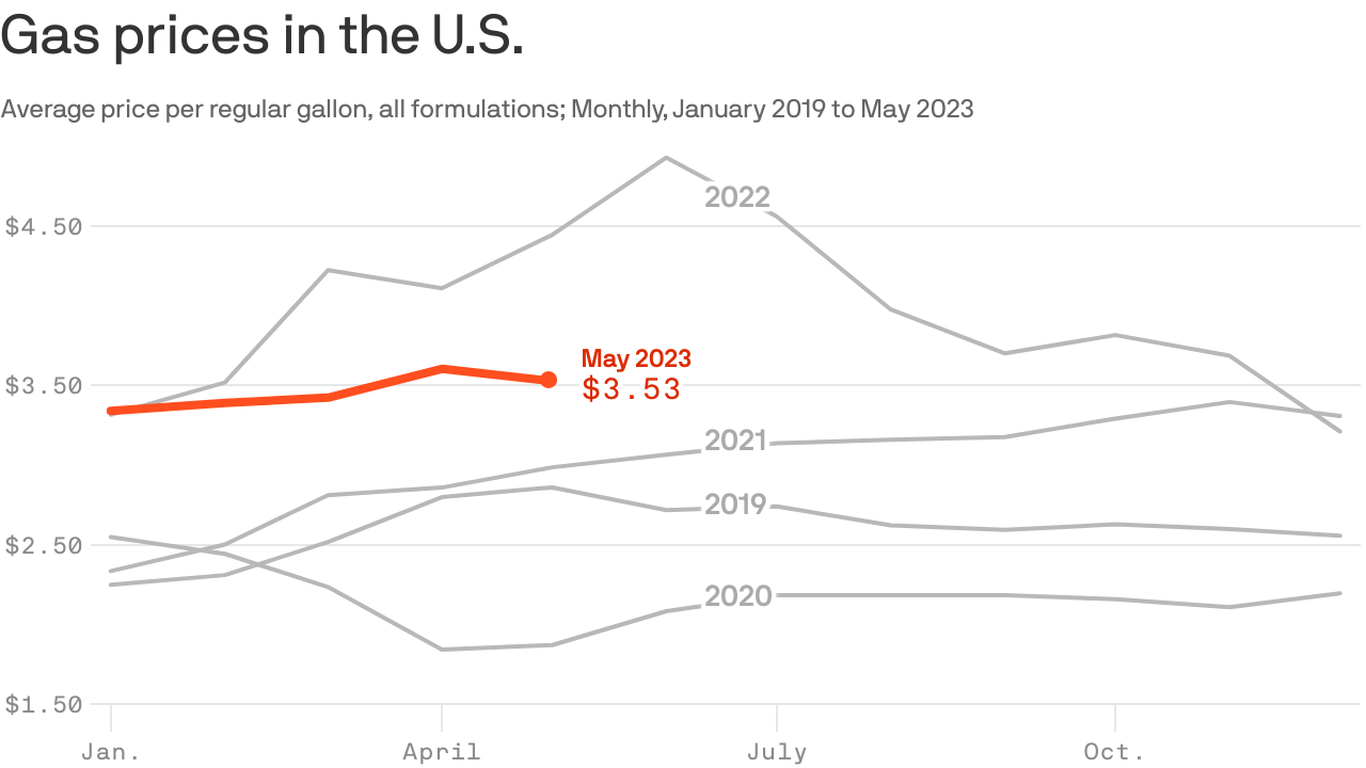Rethinking Middle Management: Their Vital Role In Modern Organizations

Table of Contents
The Evolving Role of Middle Management
The traditional image of middle management as primarily controllers of resources and employees is outdated. The modern workplace demands a more nuanced and strategic approach. Effective middle management is no longer just about oversight; it's about empowerment, collaboration, and strategic execution.
From Controller to Coach
Modern middle managers are increasingly acting as mentors, coaches, and facilitators, empowering their teams to reach their full potential. This shift requires a change in mindset and skillset. The focus is shifting from purely directive management to a more collaborative and supportive style.
- Increased focus on employee development and growth: This includes providing opportunities for training, mentorship, and career advancement. Middle managers are now expected to actively invest in their team's professional development.
- Mentoring and coaching to improve team performance: Instead of simply assigning tasks, middle managers act as coaches, providing guidance, support, and feedback to help their teams overcome challenges and achieve their goals. This requires strong interpersonal skills and the ability to build trust and rapport.
- Facilitating collaboration and knowledge sharing within teams: Modern middle managers foster a collaborative environment where team members can share knowledge, learn from each other, and work together effectively. This includes implementing tools and processes to enhance communication and teamwork.
Bridging the Gap Between Leadership and Employees
Middle managers are essential for translating strategic objectives from upper management into actionable plans for their teams, ensuring clear communication and alignment throughout the organization. They act as a critical link, ensuring that everyone is working towards the same goals.
- Effective communication of company goals and strategies: Middle managers must effectively communicate the company's vision, mission, and strategic goals to their teams, ensuring everyone understands their role in achieving the overall objectives. This requires clear, concise, and consistent communication.
- Translating complex information into understandable tasks for teams: They break down complex information and strategic initiatives into smaller, manageable tasks that their team members can understand and execute effectively. This simplification prevents confusion and ensures efficient task completion.
- Gathering feedback from employees and relaying it to upper management: They serve as a crucial feedback loop, gathering insights and concerns from their teams and conveying them to upper management, providing valuable information for strategic decision-making. This ensures that the voice of the employees is heard.
Middle Management's Contribution to Organizational Success
Effective middle management significantly impacts various aspects of organizational success. Their role extends beyond mere supervision, contributing directly to innovation, employee engagement, and overall productivity.
Fostering Innovation and Adaptability
Middle managers are often closest to the day-to-day operations and can identify opportunities for improvement and innovation. They play a vital role in adapting to change and driving efficiency within their teams and the organization as a whole.
- Identifying areas for process improvement and efficiency gains: Their hands-on experience allows them to identify bottlenecks and inefficiencies in workflows, proposing solutions and improvements to optimize processes.
- Promoting a culture of innovation and experimentation within teams: They encourage creativity and experimentation, providing the space for their teams to develop innovative solutions and improve efficiency. This fosters a culture of continuous improvement.
- Facilitating the adoption of new technologies and strategies: Middle managers are key in implementing and integrating new technologies and strategies, ensuring smooth transitions and minimizing disruptions.
Improving Employee Engagement and Retention
Effective middle managers build strong relationships with their team members, fostering a positive work environment and increasing employee engagement and retention. This is crucial for reducing turnover and maintaining a skilled workforce.
- Creating a supportive and inclusive team environment: They cultivate a sense of belonging and collaboration among team members, fostering a positive and supportive work environment where everyone feels valued and respected.
- Providing regular feedback and recognition to team members: Regular feedback and recognition are essential for boosting employee morale and motivation. Middle managers play a crucial role in providing constructive feedback and acknowledging achievements.
- Addressing employee concerns and resolving conflicts effectively: They act as mediators and problem-solvers, addressing employee concerns and resolving conflicts promptly and fairly, contributing to a harmonious and productive work environment.
Driving Performance and Productivity
By effectively managing resources, delegating tasks, and monitoring progress, middle managers directly impact team performance and overall organizational productivity. Their ability to lead and manage effectively is directly linked to the success of their teams and the organization.
- Setting clear expectations and goals for team members: Clear goals and expectations are essential for driving performance. Middle managers are responsible for setting clear, measurable, achievable, relevant, and time-bound (SMART) goals.
- Monitoring progress and providing timely feedback: Regular monitoring of progress and timely feedback are crucial for keeping projects on track and ensuring that team members are performing at their best.
- Utilizing performance management tools to track progress and identify areas for improvement: Effective middle managers leverage performance management tools to track progress, identify areas for improvement, and measure team performance against established goals.
Conclusion
Rethinking the role of middle management reveals its crucial contribution to modern organizational success. Effective middle managers are not simply supervisors, but rather strategic leaders, mentors, and facilitators who bridge the gap between leadership and employees, foster innovation, and drive organizational performance. Investing in training and development for middle management, empowering them with the right tools and resources, and recognizing their essential contribution is crucial for any organization aiming for sustained growth and success. By embracing a new perspective on middle management and empowering these vital members of the team, your organization can unlock its full potential. Don't undervalue the power of effective middle management – invest in them, and watch your organization thrive.

Featured Posts
-
 French Cac 40 Index Slight Dip At Weeks End Maintaining Weekly Stability
May 24, 2025
French Cac 40 Index Slight Dip At Weeks End Maintaining Weekly Stability
May 24, 2025 -
 High Speed Chase Culminates In Unbelievable Texting And Refueling Stop
May 24, 2025
High Speed Chase Culminates In Unbelievable Texting And Refueling Stop
May 24, 2025 -
 Desjardins Forecasts Three Additional Bank Of Canada Interest Rate Cuts
May 24, 2025
Desjardins Forecasts Three Additional Bank Of Canada Interest Rate Cuts
May 24, 2025 -
 Horoscopo De La Semana Del 4 Al 10 De Marzo De 2025 Predicciones Para Todos Los Signos
May 24, 2025
Horoscopo De La Semana Del 4 Al 10 De Marzo De 2025 Predicciones Para Todos Los Signos
May 24, 2025 -
 Trump Tax Bill House Passage And What It Means
May 24, 2025
Trump Tax Bill House Passage And What It Means
May 24, 2025
Latest Posts
-
 Sylvester Stallone In Tulsa King Season 3 Cast Updates Filming News And New Look
May 24, 2025
Sylvester Stallone In Tulsa King Season 3 Cast Updates Filming News And New Look
May 24, 2025 -
 Cheaper Gas This Memorial Day Weekend What To Expect
May 24, 2025
Cheaper Gas This Memorial Day Weekend What To Expect
May 24, 2025 -
 Gas Prices Plunge Memorial Day Weekend Travel Could Be Cheaper
May 24, 2025
Gas Prices Plunge Memorial Day Weekend Travel Could Be Cheaper
May 24, 2025 -
 Tulsa King Season 3 Is Neal Mc Donough Back Sylvester Stallones New Look And Latest Updates
May 24, 2025
Tulsa King Season 3 Is Neal Mc Donough Back Sylvester Stallones New Look And Latest Updates
May 24, 2025 -
 Record Low Gas Prices Predicted For Memorial Day Weekend
May 24, 2025
Record Low Gas Prices Predicted For Memorial Day Weekend
May 24, 2025
